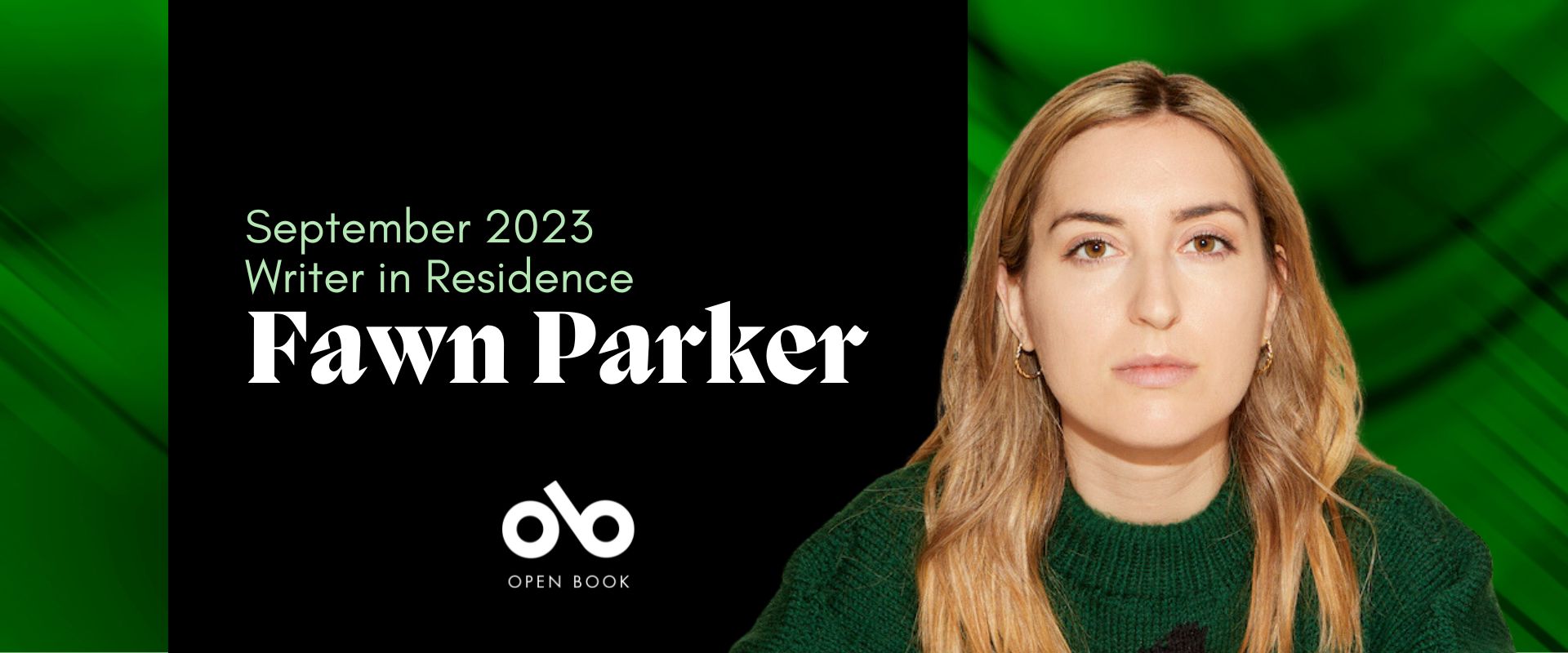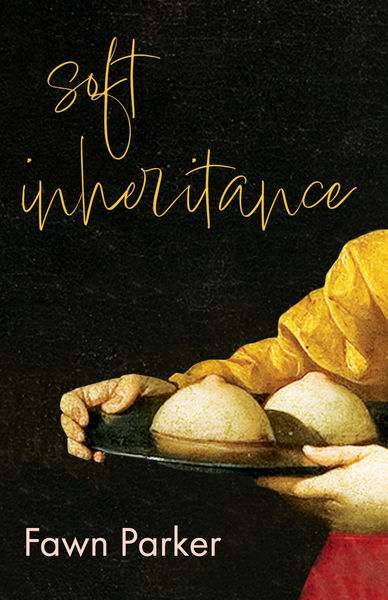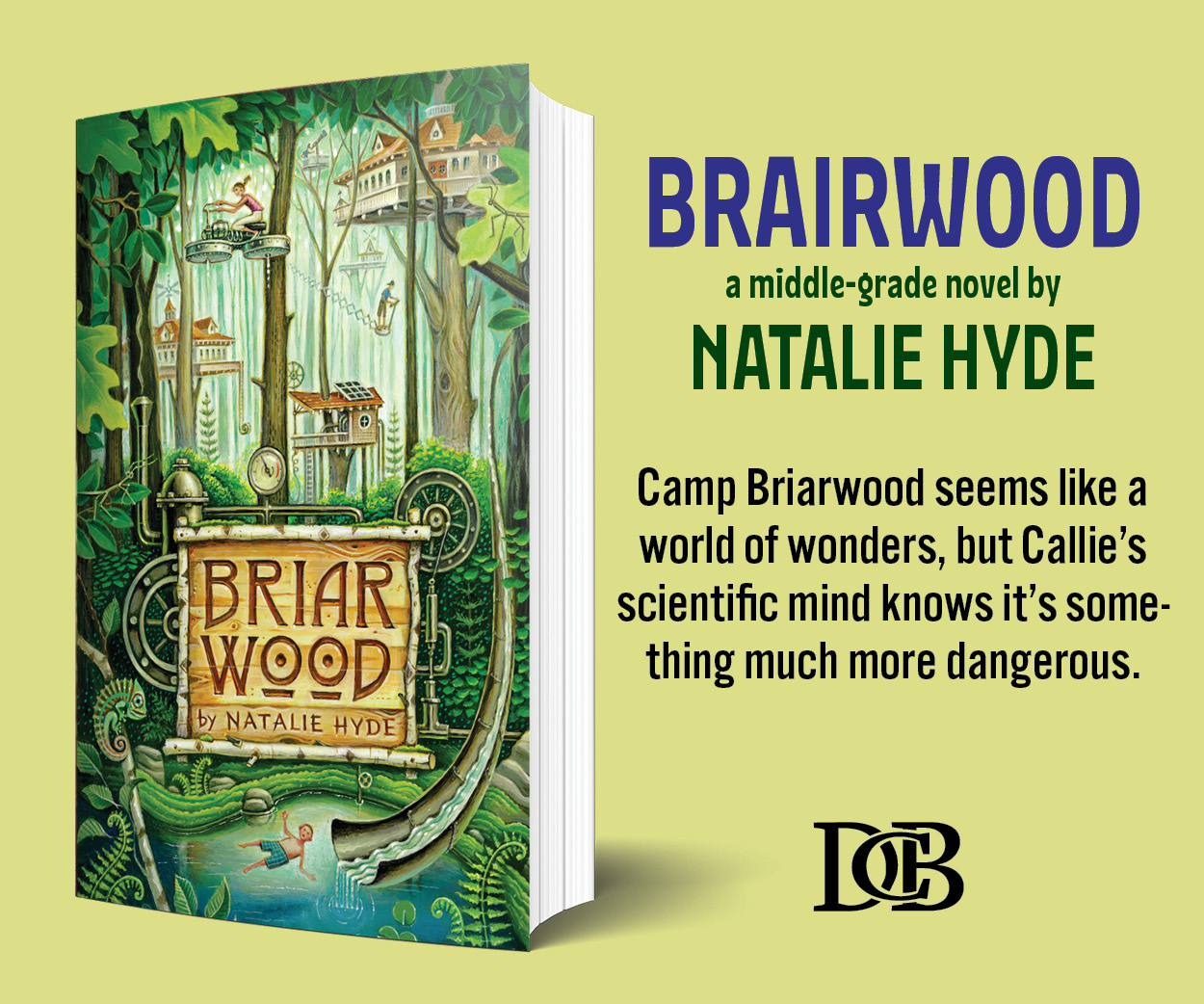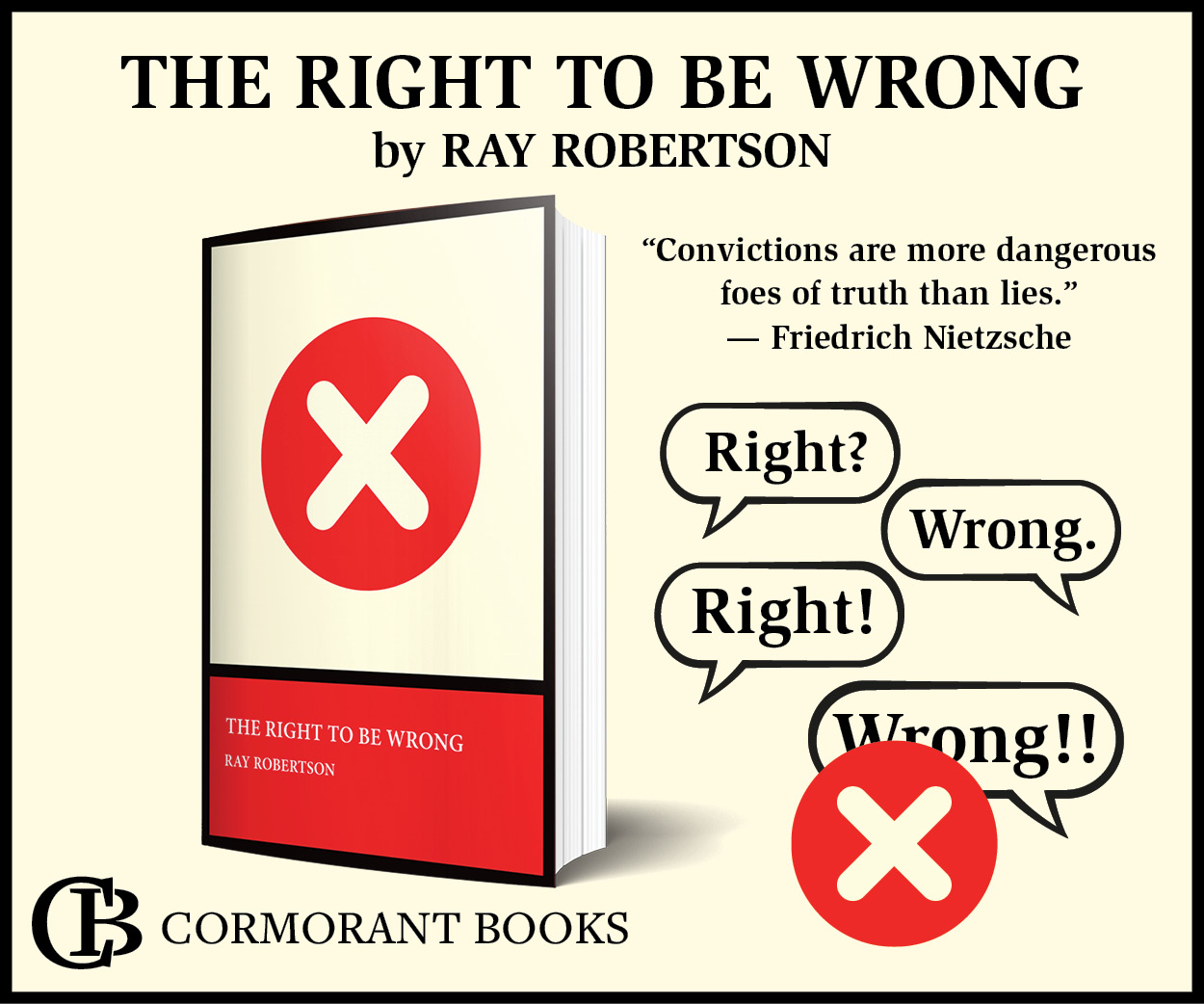"Things I Wouldn’t Otherwise Be Able to Say" September Writer in Residence Fawn Parker on Poetry & Process
Fawn Parker is not slowing down anytime soon, and that is very good news for readers. On the heels of her widely acclaimed, Giller-nominated novel What We Both Know, which came out in 2022, she has just now published a full-length poetry collection, the deeply thoughtful, hypnotically absorbing Soft Inheritance (Palimpsest Press). If that back-to-back achievement wasn't impressive enough, she's got a second novel, Hi, It's Me, scheduled for 2024.
Soft Inheritance delves into Parker's time caring for her mother following a fatal cancer diagnosis, exploring ideas about the body, loss, grief, and what is handed down, in terms of objects, biology, psychology, and more. A remarkable collection, it is filled with understated brilliance as Parker mediates on change with clarity and compassion. It's as smart as it is tough, a journey through love that manages to capture the truth of that cavernous word in bare-boned, honest language.
We are excited both to celebrate the publication of Soft Inheritance and to announce that Parker will be joining us at Open Book for September 2023 as our writer-in-residence, sharing original writing throughout the month.
To kick things off, we spoke with her about the collection, and she told us how and why she—a writer who primarily works in prose—wrote the poems, explains the fascinating concept behind the book's title, and discusses how she and the poems' speaker share some experiences but are not quite one and the same.
Visit our writer in residence page throughout September to read new writing from Parker and get a glimpse behind the scenes in the life of one of Canada's most exciting new literary voices.
Open Book:
Tell us about this collection and how it came to be.
Fawn Parker:
In 2015 I released a chapbook (Weak Spot) with Jim Johnstone at Anstruther which he later asked me to expand into a full-length for Palimpsest. The poems in the chapbook were about my mother’s cancer diagnosis and some of my experiences living in her house and caring for her. The rest of the collection was written after her death. I worked on the additional poems over the course of about three years, from the spring of 2019 until this past fall. The book is a kind of map of my movement through life over those years.
I work primarily with fiction and tend to write poems only when they come to me, so this book contains most of the poems I’ve ever written. In that way it is very meaningful to me, and vulnerable too. Vulnerable especially because I don’t necessarily consider myself a poet. The way I feel is… if I were to write poems, these would be them.
A lot of the time I use poetry to communicate to the people I’m close to. I like to write poems for my family and my boyfriend, and I feel I can say things I wouldn’t otherwise be able to say. They are intimate, too, and I like to hide “in-jokes” in them sometimes.
OB:
Can you tell us a bit about how you chose your title? How does it encapsulate the collection as a whole?
Your CanLit News
Subscribe to Open Book’s newsletter to get local book events, literary content, writing tips, and more in your inbox
FP:
“Soft inheritance” is another term for Lamarckism—the idea that a person can pass on physical characteristics they acquired in their lifetime (I don’t believe this, but it is interesting). I was spending a lot of time thinking about my mother’s influence on me, the things hard-wired in our brains and the parts of her that were shaped by her own experiences, which I would find myself mimicking. I also for a few years developed a fear that, despite not having inherited “the gene” I would develop breast cancer at any moment, as if my mother’s diagnosis triggered some sort of time bomb in my body.
There is a poem in the collection with this same title, centred around repainting my mother’s bedroom at home. “Any colour but that,” she says about the shade of the hospital room she is staying in. I was thinking about capturing moments in time, whether through memory or photograph (or poem). About how one thing can represent another thing, but they’re still not quite the same. Looking back I realize I was just beginning to separate from my mother and our mutually-projected over-identification with one another. But that’s another whole book of poems.
OB:
Apart from your editor and other publishing staff, who were the most instrumental people in the life cycle of this book? Did you share your writing with anyone while working on these poems?
FP:
My friend Josh Bouchard is a major influence and support. He’s the only poet I’ve collaborated with and I also learn just from reading his work. A year or so ago we released a co-written chapbook ABRACADABRA with Collusion Books, and I wrote those poems simultaneously with these ones. So those two works definitely influenced one another, and Josh was part of that. He has a new collection, Burn Diary, which floored me.
OB:
Is there’s an individual, specific speaker in any of these poems (whether yourself or a character)? Tell us a little about the perspective from which the poems are spoken.
FP:
I think the speaker grows more confident as the collection moves toward its end. In the beginning is a lot of dread and impulsivity, sometimes a detached recklessness, and then the poems move through various stages of caregiving, loss, and grief, and the collection ends with a separation from an abusive marriage. I see it as a sort of storyline following a speaker who feels very lost and eventually begins to find herself. Although of course there is a lot of real life in this work, I see the speaker as not-quite-me. What would happen a lot of the time while writing is I would work on a poem that felt more or less fictional—sometimes even meaningless—and discover later that it expressed something I needed to confront in that moment. There is a poem near the end called “Bluff Charge” that I wrote from the perspective of a woman-character in an unhappy relationship, fantasizing about having an affair, which came out in one uninterrupted stream of words. Now when I read that poem I see that I was feeling trapped inside of my own life. I feel grateful for the bursts of energy that struck me while I was writing some of the latter poems, as well as the gentleness at the end, when the speaker is able to sit in some more quiet moments.
OB:
What are you working on next?
FP:
Lots of things! I’ve just self-released a small chapbook of poems about my experience living in the hospital in Halifax over the summer. I’ve also been working with Kelly Joseph at M&S on line edits on my next novel, Hi, it’s me, which comes out next summer. This past winter I wrote the first draft of a novel about hell and now I’m in the early stages of drafting my dissertation, a novel in a genre I’m calling “bedroom pastoral.” I’ve regained a lot of health this summer and I’m looking forward to re-prioritizing creative work and seeing what comes out in this next stage of my life.
________________________________________________________
Fawn Parker is a Giller-nominated author of five books including What We Both Know (McClelland & Stewart, 2022), Soft Inheritance (Palimpsest 2023), and the forthcoming Hi, it's me (McClelland & Stewart, 2024). Fiction and poetry have appeared in The Literary Review of Canada, The Walrus, and Maisonneuve. Fawn's official website has been surrendered to the great artificial intelligence and she is not in fact a gambling expert or addict.





